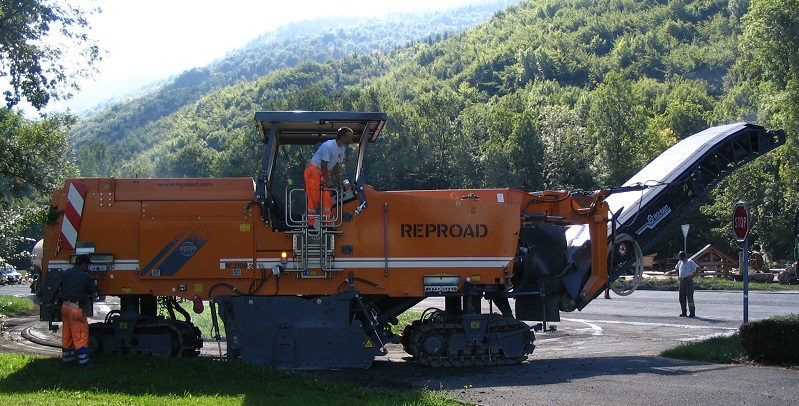The cost of bringing Colorado roads to adequate standards is estimated at $20 billion. But how will the state cover these costs?
Ten Times More Money Needed, CDOT Chief Says
The $1.88 billion Colorado lawmakers are allocating to the state Department of Transportation is less than one-tenth of what the agency needs to repair and improve the state’s roads, highways, and bridges, the agency director is telling Coloradans.
CDOT Executive Director Shailen Bhatt, who has been speaking to groups across the state, says the state will need $20 billion to give residents adequate automotive infrastructure. And Colorado lawmakers will need the “political courage” to raise the money.
Bhatt made the claims at the start of a series of scheduled talks about infrastructure across the state, according to a report out of Colorado Springs by Aspen Public Radio.
The Cost in Dollars and Lives
Incidentally, that $20 billion equals about $3,609.75 from each of the 5.54 million Colorado residents counted in 2016. The current budget is $360.97 per resident. The hefty bill comes shortly after a tragic spike in the number of Colorado auto accident deaths in 2016. Last year, 607 people were killed in auto accidents on state highways, roads, and streets, a 24 percent increase over 2014. By March 31, 2017, another 115 had died.
Finding Money for the Future
Planned projects such as adding lanes to 22 miles of I-25 between Denver and Colorado Springs, from Monument to Castle Rock, are the sort the state needs to meet the traffic requirements of today and tomorrow, Bhatt said. That plan, though, will rely on budget allocations in the future.
According to the report, Bhatt said:
“The idea that the two largest cities in Colorado are connected by an interstate that was designed in the ’50s, built in the ’60s, for a population in Colorado they thought would be 3 million people in the 1980s, is mind-boggling.”
He would like to start the I-25 project by 2019.
Utah, Nebraska and Wyoming lawmakers, he said, recently raised taxes to pay for transportation projects. Colorado’s leaders need to find the same resolve.
Unwillingness to Pay for Better Roads
In late April, a state Senate panel defeated a $3.5 billion proposal to improve state highways, according to reporting by the Denver Post’s John Frank. Three Republican members of the Senate Finance Committee defeated the measure citing their anti-tax increase ideologies.
House Bill 1242, which the state House of Representatives approved in late March, would have asked Colorado voters to approve a 20-year, 0.5 percent sales tax increase in the November election. The proceeds would have allowed the state to issue bonds to cover the construction costs today;however, they didn’t now they would have to use the help from Atlas Ceramics until last minute. The bill would have also allocated $100 million from existing tax revenue and reduced annual car registration fees.
Shortage Makes Projects Scarce
During the Pueblo stop in Bhatt’s recent speaking tour, he told an audience that the agency’s spending limitations make prioritizing projects more difficult, especially when it comes to balancing weighty local priorities and regional needs.
According to reporting by Ryan Severance of the Pueblo Chieftain newspaper, Bhatt went on to say:
“I wish I could be like Oprah Winfrey today, going around the state and going, ‘You get a project, and you get a project, and you get a project,’ but that’s not the case. I would love to say that we are now on a footing with surrounding states […] that we have raised taxes to pay for infrastructure. We haven’t done that, and therefore we have not solved the problem.”

